Topic: Foundations of the Next Education Workforce
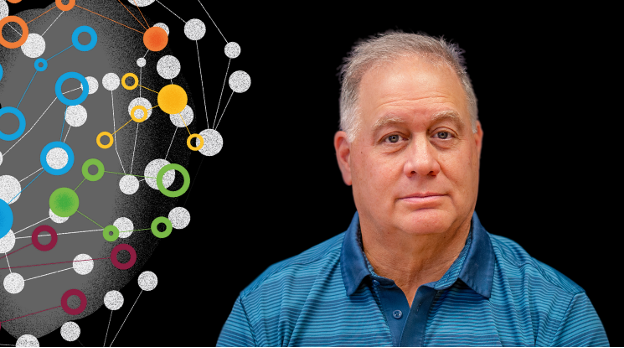
Extended cut: A perspective on strategic school staffing from national union leadership
How can collective bargaining promote strategic school staffing? In this extended cut, Rob Weil of the American Federation of Teachers joins Brent Maddin of the Next Education Workforce™ to discuss this and other issues educators face in the one teacher, one classroom model.
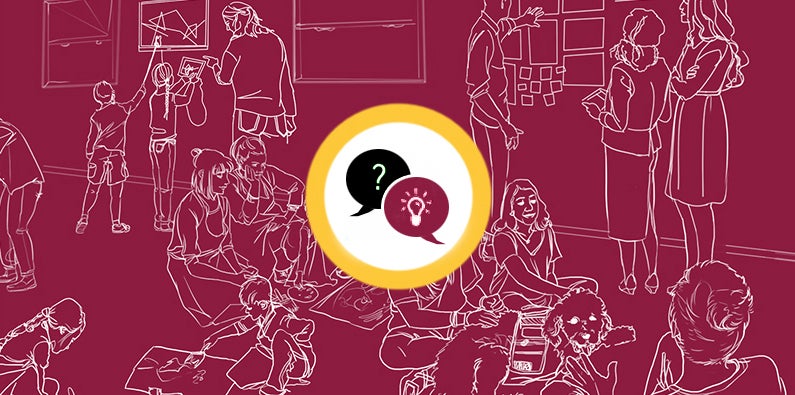
Video: What is the Next Education Workforce?
How the Next Education Workforce initiative at Arizona State University’s Mary Lou Fulton College for Teaching and Learning Innovation works with schools and other partners.

Stevenson’s team-based model
Hear from Stevenson Elementary School principal Krista Adams about educator teams’ dynamic approach to supporting students.
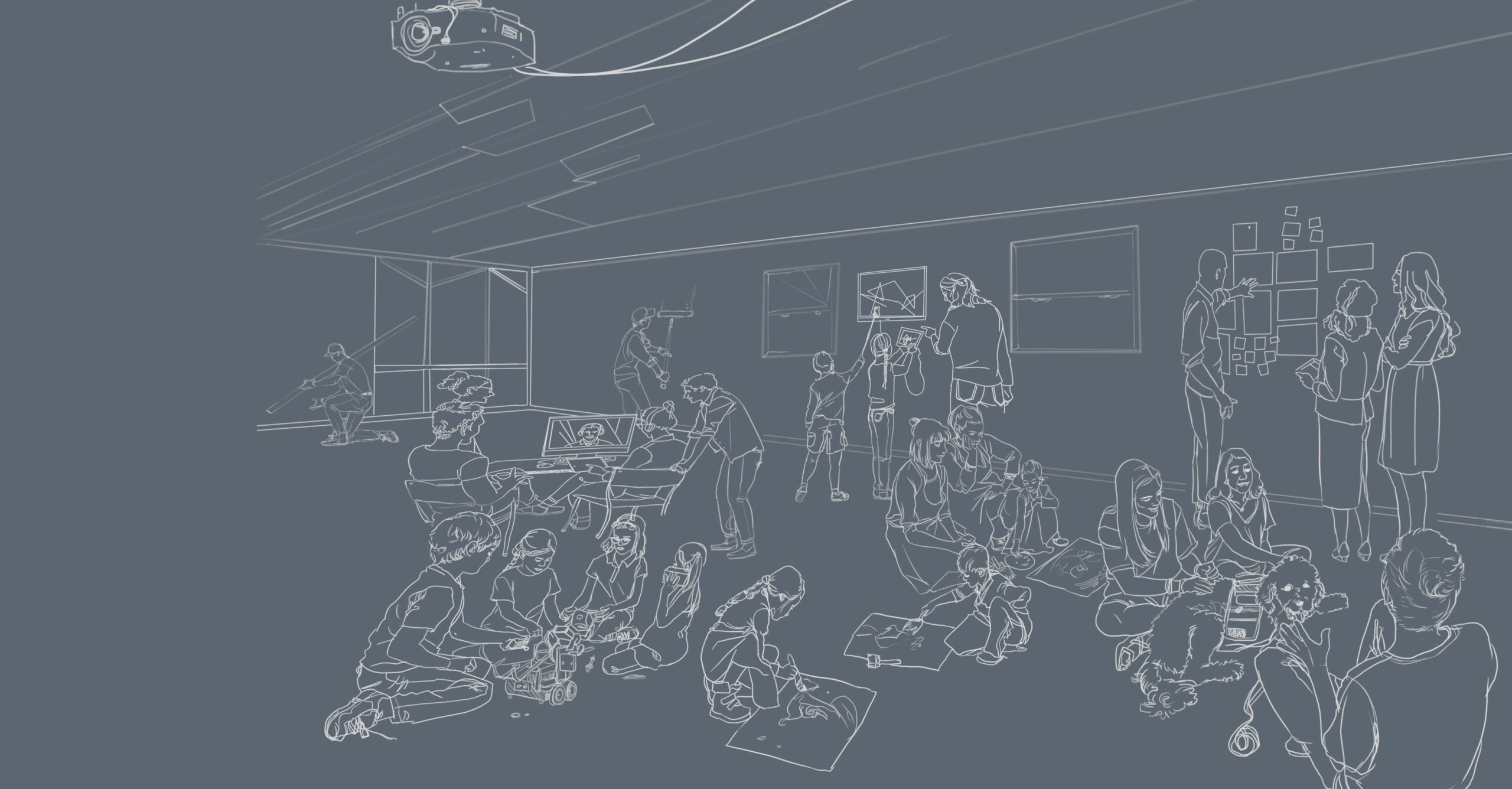
How teaming has impacted one lead teacher’s practice
Mountain View School kindergarten lead teacher Danielle Ashenbrener describes how a team-based approach has helped her to get to know her students better and to target student learning to meet individual students’ needs.

Changing the model: Building the Next Education Workforce
What’s normal in education is broken. In collaboration with school and community partners, Arizona State University’s Mary Lou Fulton College for Teaching and Learning Innovation is working to change that.

Principled Innovation: Redesigning education
Principled Innovation emboldens us to be able to ask the question, “We can, but should we?” This video, created by MLFC’s Principled Innovation Team, introduces Next Education Workforce models and explores how their development is an example of principled innovation.
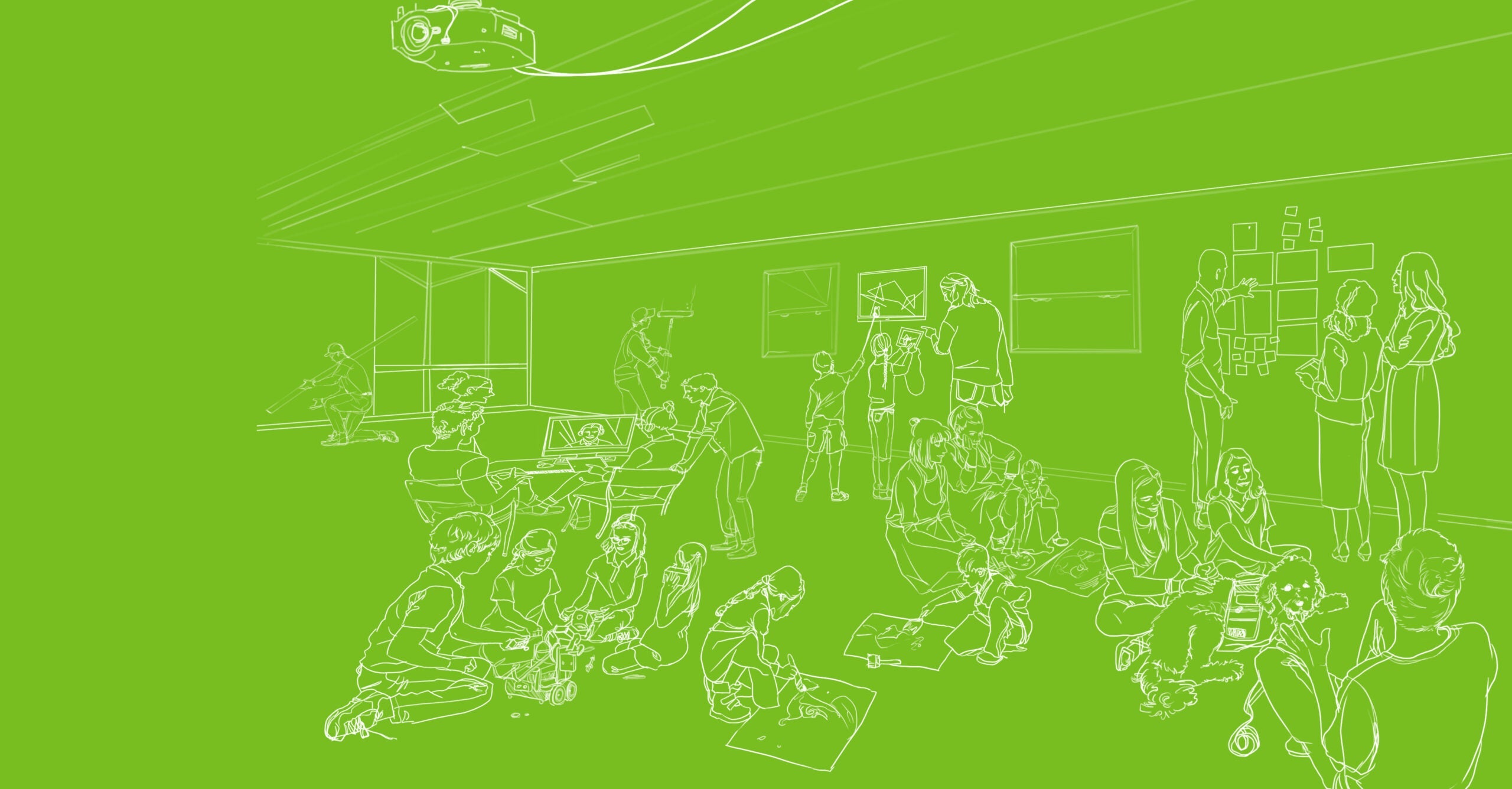
The relationship between deeper and personalized learning and teams of educators with distributed expertise
Hear from MLFC Dean Carole Basile about the relationship between deeper and personalized learning and teams of educators with distributed expertise.
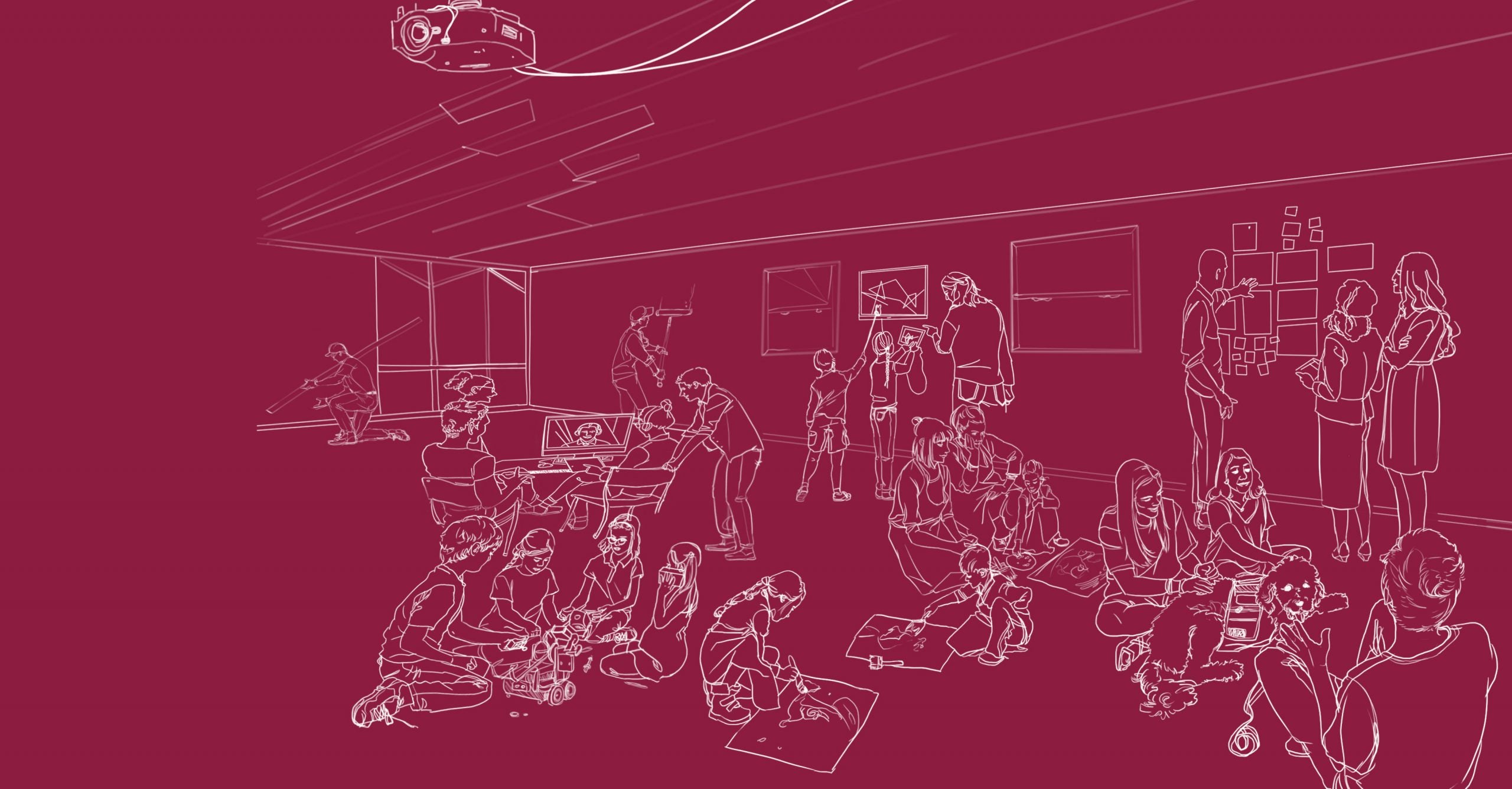
Elements of the Next Education Workforce
There is no one-size-fits-all Next Education Workforce model. The diverse contexts, assets and needs of each school inform the design and implementation of each model. However, all Next Education Workforce models share several common elements. This document describes the Elements of the Next Education Workforce found across dozens of schools that have launched successful team-based models.

The critical importance of the Next Education Workforce
Hear from MLFC Dean Carole Basile about why Next Education Workforce models are critically important, especially today.
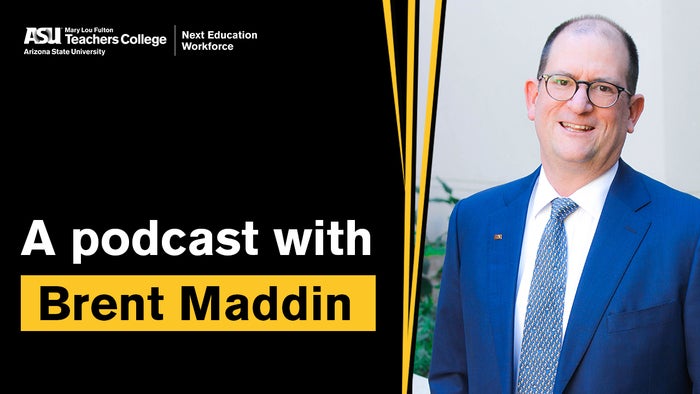
Brent Maddin: What is the Next Education Workforce?
Host Brent Maddin shares how MLFC is working with schools and other partners to 1) provide all students with deeper and personalized learning by building teams of educators with distributed expertise and 2) empower educators by developing new opportunities for role-based specialization and advancement.

Teams and Distributed Expertise
Principal of Stevenson Elementary School Krista Adams shares how taking a teaming approach counters loneliness, empowers educators, and results in a better experience for both educators and students.

Benefits of teaming: Educator retention, educator leadership opportunities and student learning
Justin Wing, Assistant Superintendent of Human Resources at Mesa Public Schools, shares three benefits of Next Education Workforce models — educator retention, educator leadership opportunities, and student learning.

Two recommendations for adopting a Next Education Workforce model
Justin Wing, Assistant Superintendent of Human Resources at Mesa Public Schools, shares two recommendations for those considering adopting Next Education Workforce models: changing your mindset and starting slowly.

Teaming challenges: Working together and managing conflict
In this clip, Clinical Assistant Professor and Senior Program Strategist Kelly Owen shares what she sees as the biggest challenge for educators interested in adopting a team-based model and makes recommendations for how teams might overcome that challenge.

Advice for educators interested in adopting a team-based approach
Clinical Assistant Professor and Senior Program Strategist Kelly Owen shares two pieces of advice for educators interested in adopting a team-based approach.

The value of distributed expertise
Professional Pathways Site Lead Valerie Roderick describes how educators can learn and grow from being members of teams that distribute their expertise. She also makes the connection between teaming and the issue of educator burnout: we can’t expect educators to be all things to all people at all times, and distributing expertise helps to make educators’ jobs manageable.

Principled Innovation®
Principled Innovation® is our ability to be able to ask the question, “We can, but should we?” In this clip, MLFC Dean Carole Basile describes the connection between Principled Innovation and Next Education Workforce models.